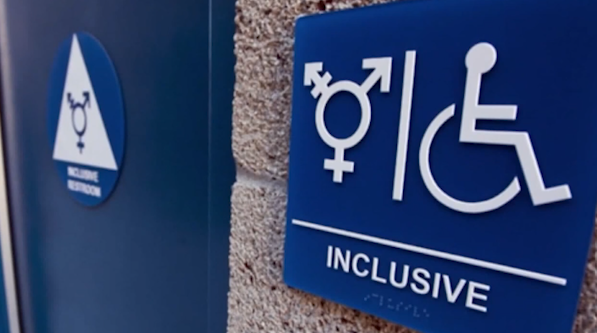Share this @internewscast.com

COLUMBIA, S.C. (WSPA) – A controversial proviso about school bathrooms is officially in effect in South Carolina.
This clause in the state budget mandates that students use restrooms corresponding to the gender noted on their birth certificates. It’s set to be in effect for one year, although some legislators aim to establish it permanently.
“The clause was introduced as a provisional measure to ensure it was enforced this year. However, there is a bill regarding this issue, which wasn’t addressed this year, but I believe it should eventually become law,” stated Representative Fawn Pedalino (R – Clarendon).
It requires that public school students utilize bathrooms and locker rooms based on the gender marked on their birth certificate, even if their gender identity does not align with it.
“You don’t want girls having to be seen or see, you know, male parts, but you also don’t want boys, you know, having to deal with promiscuous girls and being accused of anything happening in a locker room,” she said.
“Transgender kids aren’t new, local school leaders have been figuring out how to support transgender kids and their safety at schools for years, decades, but now our state lawmakers have decided that they know better,” said Jace Woodrum with the American Civil Liberties Union.
He said principals and school districts should be in control of their own school’s policies, not the government. He said this policy is using transgender people as political pawns.
“We are not new, and we have been in schools and in workplaces and in communities long before far right politicians decided that we needed to be scapegoats for everything,” Woodrum added.
Pedalino replied, “I don’t believe that at all, because the goal is to protect all children, not to alienate any specific child, but to make them all feel like they have a safe space.”
Representative Pedalino said she thinks the bill will pass in the next legislative session.
A middle school student in the low country and the alliance for full acceptance have filed a lawsuit in the federal court challenging this rule.
The case is still ongoing, but we will provide more details when they arrive.









